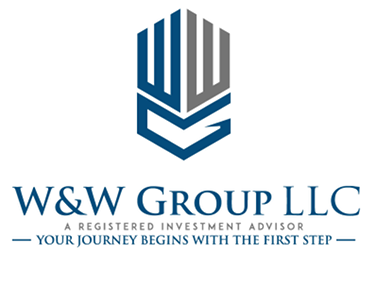Whether a sole-proprietorship, partnership, or a limited liability corporation, all small business owners know that they are already investors in their own business. With so much involved in the day-to-day operations of running a business, many small business owners place investing in the back of their minds. However, this can be a dangerous way to operate. After all, when you’re the boss, you’re also in charge of your own retirement plan and in finding ways to reinvest in the company without damaging the capital you’ve already built.
Here are a few key tips in small business investing:
– Your business is part of your portfolio. When deciding on an investment strategy for your small business, do not neglect to consider your business as a part of your investment portfolio, since you may be able to tap into some of your existing equity or value in order to make new gains.
– Tone down the entrepreneur. When considering your investment strategy for your small business, consider risk. While the entrepreneurial spirit can make a person a successful business owner, it may also make them a horrible investor by encouraging them to take on too much risk. Slow down and understand when and where to be aggressive in your investments.
– Strategize for capital preservation. While your personal portfolio may be built around simple growth, your small business investment portfolio should strategize for capital accumulation and preservation. That way, when lean economic times come, your small business can lean on its portfolio to help generate income.
– Diversify outside your business. Small business owners may want to invest in their industry; after all, it is the industry they know best. But try to avoid putting all of your investments in one industry. If the industry falls on hard times, your business and your portfolio will both take a beating.
– Allocate your assets. It may be tempting to put all of your money in one place, but you need to properly allocate your assets to make them work for you. Stocks can make you a lot of money in the long term but can be risky short term; bonds are less volatile than stocks but also have a lesser yield, and cash in the form of savings and money market accounts do not earn much in comparison. Talk to a financial planner about properly allocating your assets to make your money work best for you and your goals.
This last step, talking to a financial planner, is probably one of the most important you can make. When making decisions on how to build your small business investment portfolio, consult someone who is as good as his or her job as you are at yours. Your financial planner can look at your business, manage risk, and help you to define goals that make sense for your business. Talking to a financial planner will ensure that you create an investment portfolio that makes good financial sense now and for the future.
Questions? Email me at info@thewandwgroup.com to learn more about retirement, personal finance, and estate planning.

